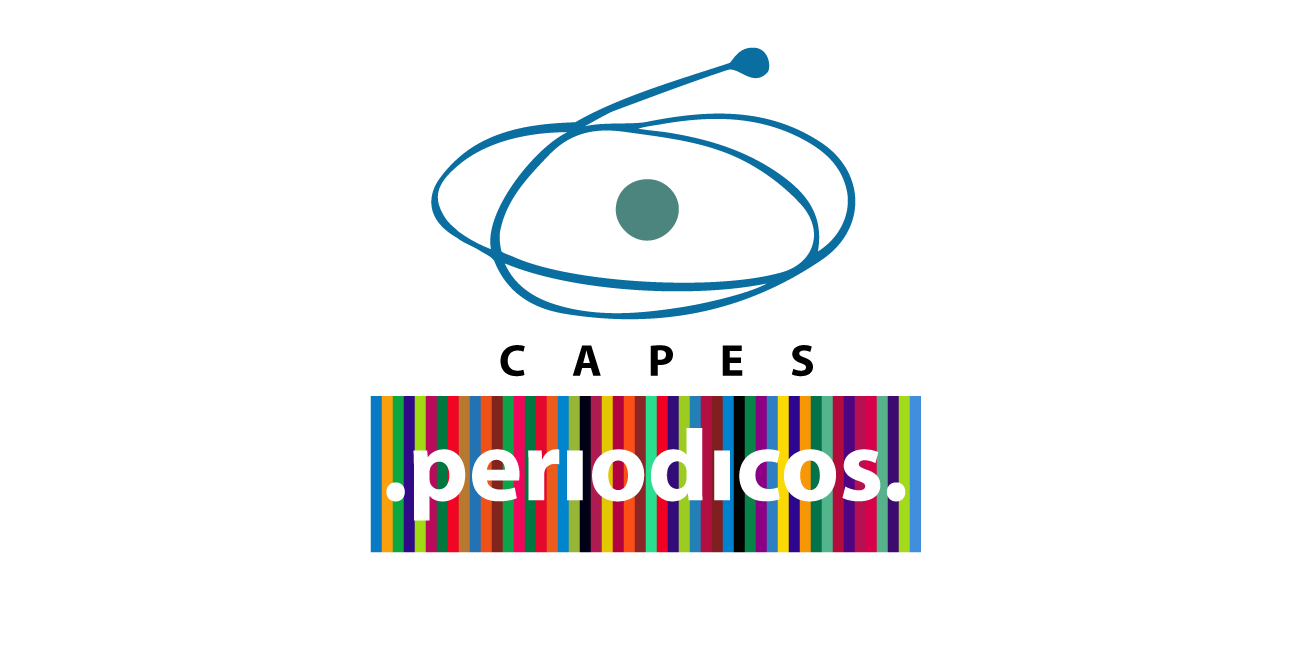Isonomia salarial: Análise do Critério da Identidade de Função sob as perspectivas do Fordismo e Toyotismo
Palavras-chave:
Princípio da igualdade, Isonomia, Salário, Fordismo, Toyotismo.Resumo
O entendimento dominante na jurisprudência trabalhista para efeito de se conceituar identidade de função – pressuposto para reconhecimento da equiparação salarial prevista no art. 461 da CLT - é o de que os empregados equiparados devem desenvolver identidade absoluta de tarefas. Este critério decorre da hegemonia do sistema fordista de produção por quase um século, onde o trabalhador normalmente desenvolve o mesmo conjunto de tarefas ao longo do contrato, tendo em vista rígido sistema hierárquico. No entanto, com o surgimento do toyotismo, passou-se a se exigir dos empregados tarefas e atribuições mais flexíveis, podendo tomar decisões e resolver problemas imediatos. Assim, no sistema fordista, a rigor, nenhum empregado exerce rigorosamente as mesmas tarefas que outro, sendo as funções identificadas pela finalidade do conjunto de tarefas e atribuições realizadas pelos empregados. A utilização de critério concebido tendo em vista o sistema fordista em situação de empresa organizada a partir do sistema toyotista gera profundas iniquidades, com ofensa ao princípio da igualdade salarial.Downloads
Publicado
2012-05-22
Como Citar
Baracat, E. M., & Gunther, L. E. (2012). Isonomia salarial: Análise do Critério da Identidade de Função sob as perspectivas do Fordismo e Toyotismo. Revista Jurídica Cesumar - Mestrado, 12(1). Recuperado de https://periodicos.unicesumar.edu.br/index.php/revjuridica/article/view/2319
Edição
Seção
Doutrinas
Licença
A Revista se reserva o direito de efetuar, nos originais, alterações de ordem normativa, ortográfica e gramatical, com o intuito de manter o padrão culto da língua, respeitando, porém, o estilo dos autores. As opiniões emitidas pelos autores são de sua exclusiva responsabilidade.
Os direitos autorais pertencem exclusivamente aos autores. Os direitos de licenciamento utilizado pelo periódico é a licença Commons Atribuição 4.0 Internacional. São permitidos o compartilhamento (cópia e distribuição do material em qualquer meio ou formato) e adaptação (remixar, transformar, e criar a partir do trabalho, mesmo para fins comerciais), desde que lhe atribuam o devido crédito pela criação original.












